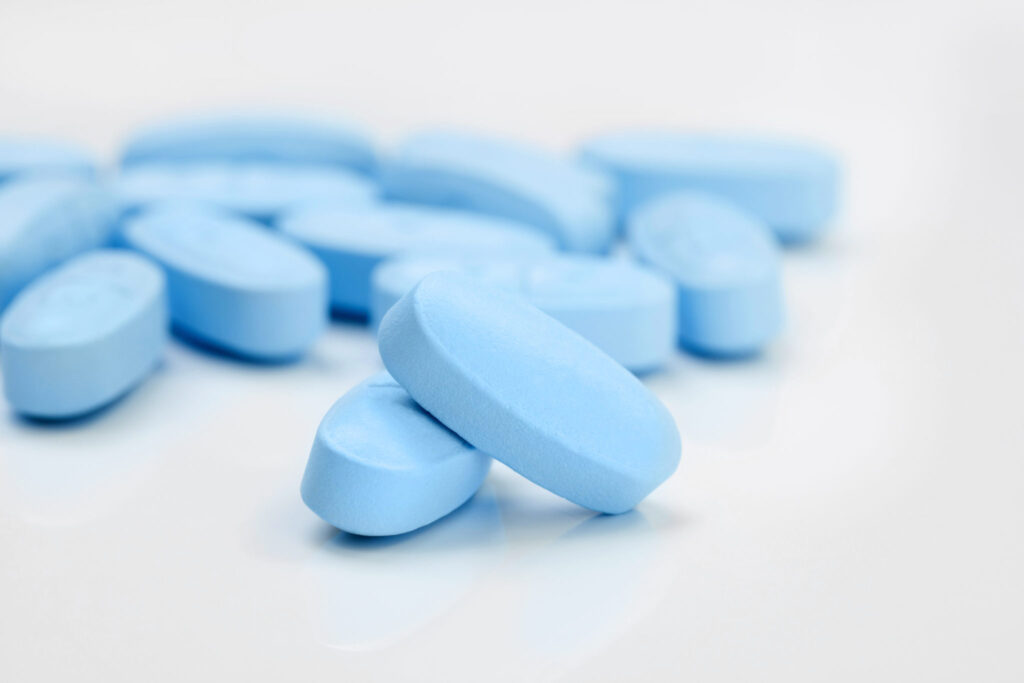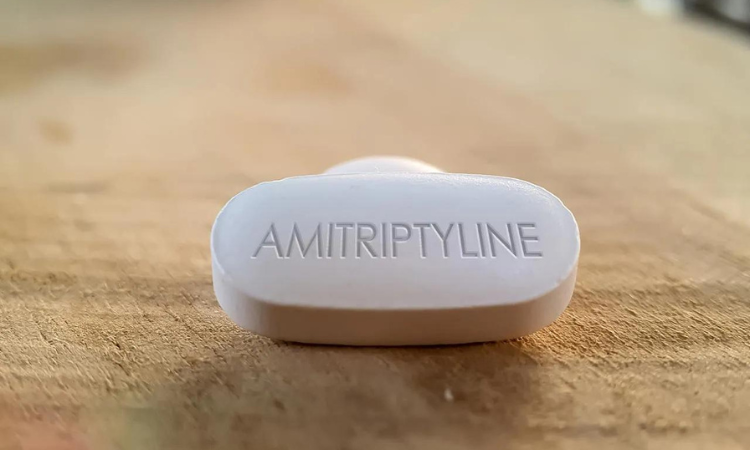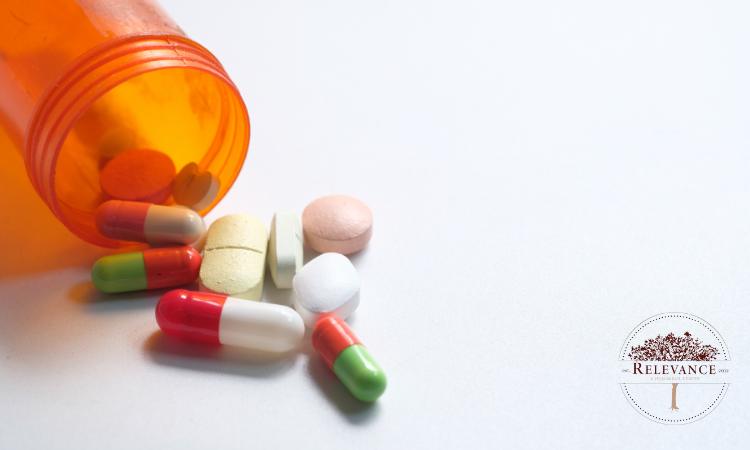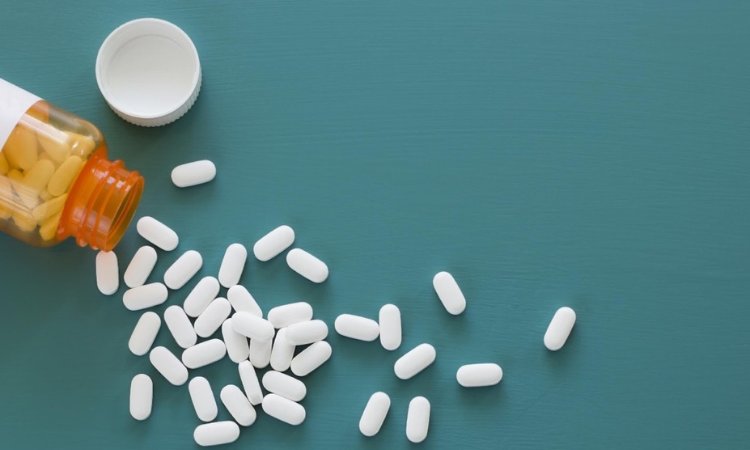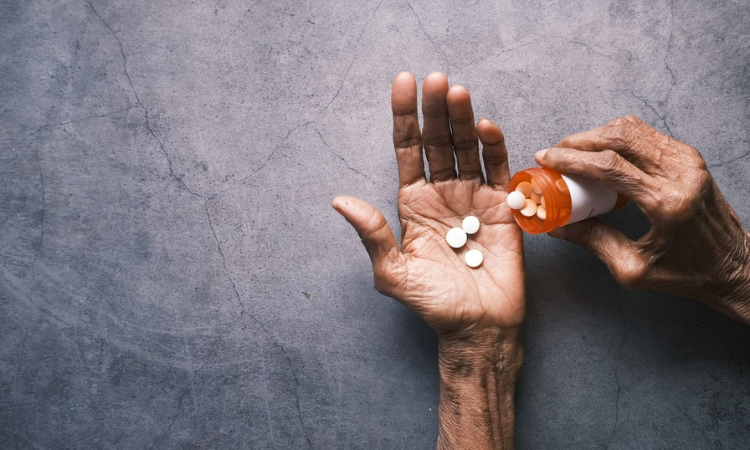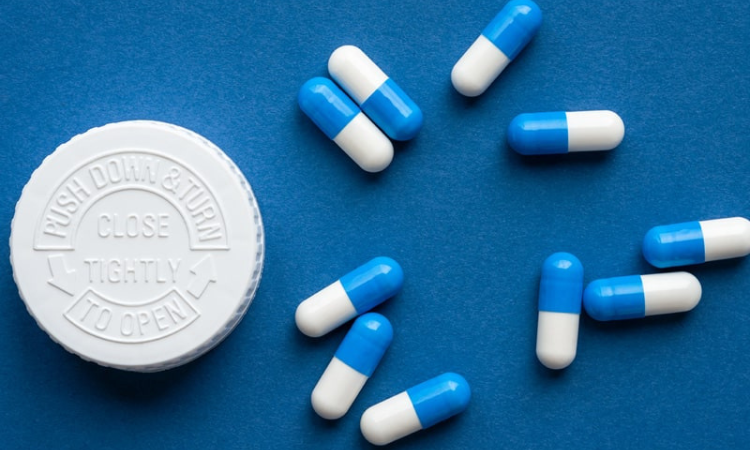
Key Takeaways
- Latuda is a medication primarily used to treat mental health conditions like bipolar, depression, and schizophrenia but also has potential in addiction recovery.
- It works on the brain’s neurochemistry, influencing dopamine and serotonin levels, which are crucial in addiction.
- Understanding Latuda’s mechanism can help in managing cravings and withdrawal symptoms.
- Comparing Latuda with traditional addiction medications reveals unique benefits like fewer side effects, and a lower risk of dependency.
- Relevance Recovery stands out as a clinic offering a comprehensive approach to addiction treatment, including the use of Latuda when appropriate.
Exploring Latuda’s Role in Addiction Recovery
When it comes to addiction, there’s no one-size-fits-all solution. That’s why exploring different medications and approaches is crucial in the journey to recovery.
Latuda, a medication known for treating bipolar, depression, and schizophrenia, is emerging as a potential ally in this battle against addiction. Its unique properties may offer a new hope for those struggling to overcome substance abuse.
What is Latuda?
Latuda, also known by its generic name lurasidone, is an antipsychotic medication. It’s FDA-approved to treat adults and children with bipolar depression and adults with schizophrenia.
But beyond its primary uses, Latuda has properties that make it a candidate for helping individuals with addiction. It’s not a magic pill, but it can be a powerful tool when used correctly.
How Latuda Addresses Addiction
Addiction is not just about the physical cravings; it’s also about the emotional and psychological challenges.
Latuda steps in by stabilizing mood and reducing the intensity of those overwhelming urges that can lead to relapse.
Latuda’s Unique Mechanism of Action
Latuda stands out because it doesn’t just dampen symptoms; it goes to the root of the problem.
It targets specific receptors in the brain, balancing out the chemicals that can swing wildly during addiction. This balancing act is key to managing the rollercoaster of emotions and impulses that come with recovery.
Latuda’s Effects on the Brain
The brain is a complex network where chemicals dictate our feelings and actions. In addiction, this network is hijacked, but Latuda helps in restoring order.
It tweaks the brain’s chemistry, particularly dopamine and serotonin levels, which are often out of sync in addiction. By modulating these neurotransmitters, Latuda can reduce addictive behaviors and support a more stable mental state.
Neurochemical Pathways Influenced by Latuda
Imagine your brain as a busy highway of information. In addiction, this highway experiences traffic jams and accidents, disrupting the flow. Latuda works like a skilled traffic controller, directing the neurochemical pathways that have gone awry.
It specifically targets pathways involving neurotransmitters like dopamine and serotonin, which are critical in the experience of pleasure, mood regulation, and impulse control.
The Impact of Dopamine and Serotonin Regulation
Dopamine and serotonin are like the currency of our brain’s reward system. In addiction, the balance of this currency is skewed, leading to a constant need for more, which is where cravings come from.
Latuda’s role in regulating these neurotransmitters is like putting a cap on an overflowing well, helping to normalize the levels and reduce the compulsion to use substances. This regulation is a cornerstone in the foundation of a solid recovery plan.

Reducing Cravings and Managing Withdrawal
Cravings are the siren call of addiction, and withdrawal is the stormy sea. Latuda can be a lifeline here, helping to mute the siren and calm the waves.
By stabilizing mood and reducing the biochemical triggers of cravings, it can make the journey through withdrawal less daunting. It’s not about silencing the symptoms but managing them in a way that’s bearable, allowing for healing and progress.
Comparing Traditional Addiction Medications with Latuda
Traditional addiction medications have been the anchor for many on their road to recovery. Yet, every person’s journey is unique, and sometimes these anchors need to be adjusted.
Latuda represents a shift in the tides, offering an alternative for those who may not have found success with conventional treatments. It’s important to weigh the options, understanding that Latuda might fill gaps left by other medications.
Typical Treatments for Addiction
Usually, addiction treatments include a variety of medications like Methadone, Buprenorphine, and Naltrexone.
These are tried and true warriors in combating addiction, each with their role in blocking the effects of opioids, easing cravings, or preventing relapse.
The Advantages of Latuda
Latuda brings something different to the table. It’s not just about blocking or substituting; it’s about restoring balance to the brain’s chemistry.
This can mean fewer side effects, a lower risk of dependency, and a broader impact on overall mental health.
Understanding the Side Effects
Like any medication, Latuda comes with a list of potential side effects. Some people may experience drowsiness, restlessness, or stomach issues. It’s like when you start a new exercise routine and feel some aches and pains at first – your body is adjusting to the change.
It’s crucial to keep an open line of communication with your healthcare provider about any side effects you experience, so they can help you manage them effectively.
Incorporating Latuda into Your Treatment Plan
Bringing Latuda into your recovery journey should be a carefully considered decision. It’s not about jumping on a new trend; it’s about finding the right fit for your unique situation. Your treatment plan is personal, and Latuda may or may not be the piece you need.
When to Consider Latuda
Latuda might be a good fit if you’re dealing with both addiction and mood disorders, like bipolar depression or schizophrenia. It’s like finding a winter coat that also happens to be waterproof – it addresses more than one need.
If traditional addiction treatments haven’t worked for you, or if you’re looking for something that tackles more than just cravings, Latuda could be worth discussing with your doctor.
Working with Healthcare Providers
Healthcare providers can guide you through the complexities of addiction treatment. They’ll help you understand whether Latuda is appropriate for you, considering your medical history, current medications, and overall health.
It’s a partnership where your input and their expertise come together to chart the best course forward.
Monitoring Progress and Adjusting Dosage
Recovery is not a set-it-and-forget-it process. It’s dynamic, requiring regular check-ins and tweaks to your treatment plan.
With Latuda, as with any medication, finding the right dosage is key. It’s like tuning an instrument – too tight or too loose, and the harmony is off.
Your healthcare provider will monitor your progress closely, making adjustments to the dosage as needed to ensure the best results.

Long-Term Recovery Achieved with Latuda
Success in addiction treatment isn’t just about getting through detox; it’s about building a life that’s free from dependence long-term. Latuda has been instrumental in this for some, providing the emotional and psychological stability needed to maintain sobriety.
- Enhanced mood stability reduces the risk of relapse.
- Improved cognitive function supports better decision-making.
- Long-term symptom management helps maintain a substance-free lifestyle.
- Integration into a comprehensive treatment plan maximizes effectiveness.
- Support from a community of peers, like the one at Relevance Recovery, fosters sustained recovery.
- Continued monitoring and aftercare ensure that any challenges are addressed promptly.
Overcoming Hurdles and Ensuring Adherence
Sticking to a medication regimen can be tough, especially when juggling the complexities of life post-addiction. Latuda is no different, and ensuring adherence is key to its effectiveness. It’s like following a recipe to the letter – missing a step can mean the difference between a culinary triumph and a kitchen disaster.
- Setting reminders to take medication regularly.
- Engaging with support groups to share experiences and strategies.
- Regular appointments with healthcare providers to track progress.
- Addressing side effects quickly to prevent them from becoming barriers.
- Understanding the importance of medication in the overall treatment plan.
Frequently Asked Questions (FAQ)
1. Can Latuda cure my addiction?
No medication, including Latuda, can ‘cure’ addiction. Addiction is a complex condition with physical, psychological, and social components. Latuda can be a valuable part of a comprehensive treatment plan, helping to manage symptoms and support recovery, but it’s not a standalone solution. Recovery often involves therapy, lifestyle changes, and ongoing support, in addition to medication.
2. How long does it take for Latuda to work?
Latuda doesn’t work overnight. Like many medications for mental health and addiction, it can take several weeks to start seeing the full benefits. It’s important to be patient and to keep in close contact with your healthcare provider during this period to monitor your progress and make any necessary adjustments.
- Initial effects can sometimes be felt within a week or two.
- Full benefits may take up to six weeks to become apparent.
- Each individual’s response time can vary based on their unique circumstances.
Remember, recovery is a marathon, not a sprint, and it’s important to give your body time to adjust to the medication.
3. Will I experience any side effects while taking Latuda?
Side effects are possible with any medication, and Latuda is no exception. Common side effects may include drowsiness, nausea, and restlessness. However, not everyone experiences side effects, and many who do find that they diminish over time. It’s crucial to discuss any side effects with your healthcare provider, as they can often help manage them and make your treatment more comfortable.
- Report any side effects to your healthcare provider promptly.
- Side effects can often be managed with dosage adjustments or additional treatments.
- Keeping a side effect diary can help your healthcare provider tailor your treatment.
At Relevance Recovery, we’re here to help you manage these challenges and support you every step of the way in your journey to recovery.
4. Is Latuda safe to use with other addiction treatments?
Combining medications can be like mixing different colors of paint – you need to know what you’re doing to avoid ending up with a murky mess. Latuda can be part of a multi-drug regimen for addiction treatment, but it must be done under the watchful eye of a healthcare provider. They’ll consider how Latuda interacts with other medications you’re taking to ensure the combination is safe and effective.
- Always disclose all medications you’re currently taking to your healthcare provider.
- Latuda may interact with certain substances, so professional guidance is crucial.
- Regular monitoring is key when combining treatments to avoid adverse reactions.
At Relevance Recovery, we understand the complexity of medication management and are equipped to safely incorporate Latuda into your personalized treatment plan.
5. How can I access Latuda for my addiction treatment?
Accessing Latuda starts with a conversation with your healthcare provider. They will evaluate if it’s a suitable option for you, considering your health history and current condition. If Latuda is right for you, they’ll write a prescription which you can fill at a pharmacy. Remember, medication is just one part of the recovery puzzle. It works best when combined with therapy, support groups, and lifestyle changes.
- Discuss Latuda with a healthcare provider familiar with your addiction history.
- Ensure you have a valid prescription before attempting to obtain Latuda.
- Consider the financial aspect, such as insurance coverage or assistance programs.
Relevance Recovery can facilitate this process, helping you navigate the healthcare system to access the treatment you need.
6. How does Relevance Recovery help with my addiction treatment?
Think of Relevance Recovery as your personal team in the fight against addiction. We don’t just prescribe medication; we provide a full continuum of care that addresses the whole person. Our approach is rooted in understanding and treating the underlying causes of addiction, not just the symptoms. We offer a range of services, from intensive outpatient programs to aftercare support, all tailored to your unique needs.
- Personalized treatment plans that include medication management, therapy, and support.
- A compassionate team of professionals dedicated to your recovery.
- Long-term support, including a strong recovery community and aftercare monitoring.
- Access to resources and tools to help you live a healthy, substance-free life.
Conclusion
Latuda could be a valuable addition to your addiction treatment regimen, particularly if you’re dealing with co-occurring mental health conditions. It’s important to work closely with healthcare providers to ensure it’s the right choice for you and to manage any potential side effects. Combining Latuda with other treatments should be done cautiously and with professional guidance to ensure safety and effectiveness.
If you or a loved one is struggling with addiction, consider Relevance Recovery in Freehold, New Jersey. Our intensive outpatient program is designed to address the complexities of addiction and support you every step of the way. With our help, you can achieve long-term recovery and build a fulfilling, substance-free life. Contact us to learn more and take the first step towards a brighter future.

